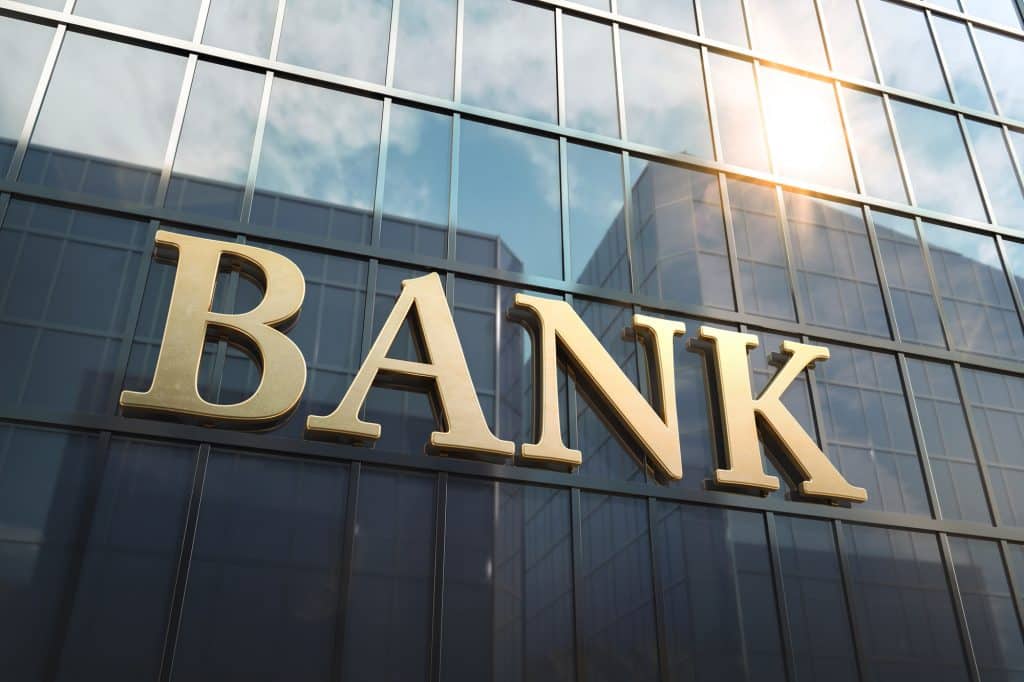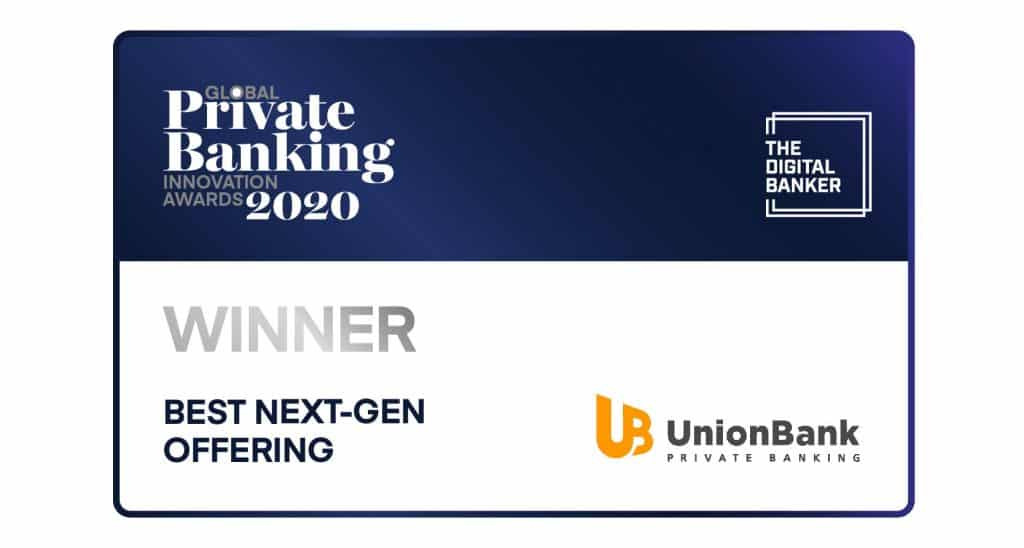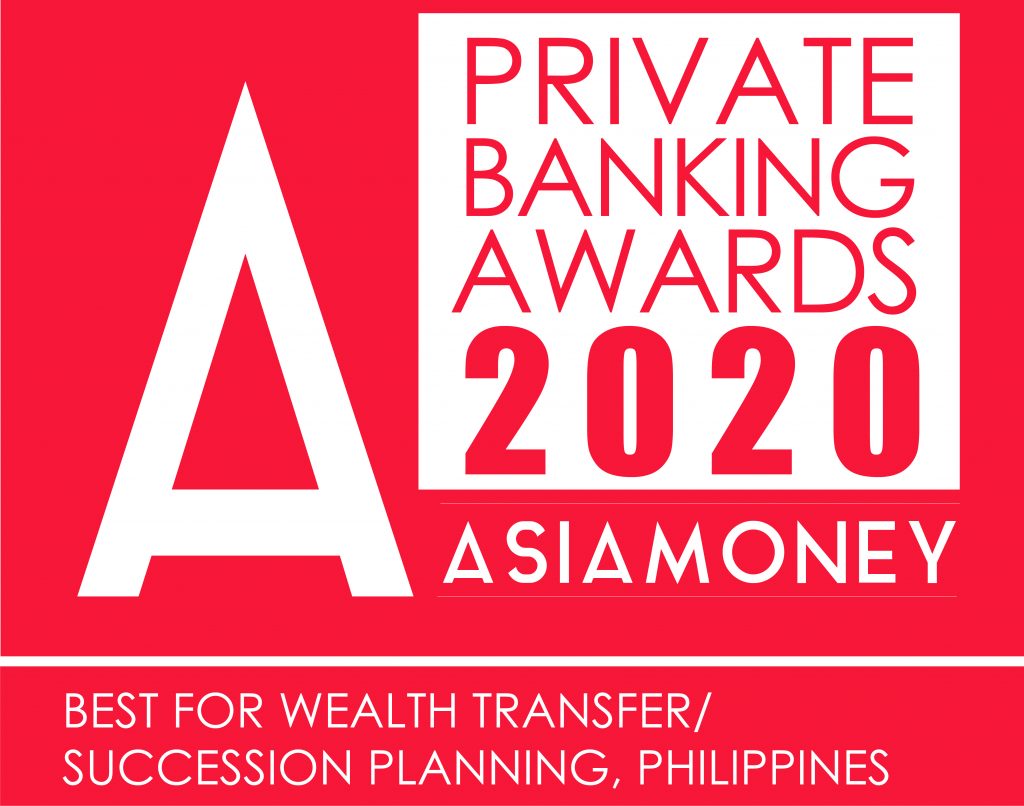When you’ve just begun a new business venture, one of the first things that you’re advised to do is open up a business account for the company. But, when you’re opening a business bank account, there are somethings that you’re going to want to avoid at all costs.
What should be avoided? We’re glad you asked because in this article we’re going to give you a list of things that you should try to avoid doing at all costs.
1. Incomplete Account Information
When you attend your account opening appointment, ensure that you’ve got all the documentation you need. And if you’re not sure if the document is required it’s best to bring it along just in case.
Before attending your meeting when setting up the appointment check with the bank about what documentation is required. This will reduce the likelihood that you don’t have all the information needed to begin setting up your account.
Having missing information could mean having to reschedule your appointment altogether.
2. Using Your SSN Instead of FEIN
If you’re not aware of what these initials stand for the first is your social security number and the next one is your federal employer identification number. When you arrive for your meeting ensure that the number you place on your account is your FEIN and not your SSN.
Many business owners that are just starting out make the mistake of placing their SSN on the account, which can prove problematic in the future especially when it’s time to fill out tax documents for your business taxes.
Anything that requires a number for your business should almost always feature the FEIN that was assigned to you when you filled out the paperwork to register your company as an LLC.
3. Having One Account
Some people may think that there’s no way they’re going to mix up the money that’s deposited into their account if they keep one account for personal and business needs. But, the reason that it’s recommended you have separate accounts is so that you don’t experience issues when it comes to doing your taxes, accounting needs, etcetera.
Another reason that you want to keep your accounts separate is that you’ll want to refrain from being tempted to reach into the money that is designated to the company. And if you’ve only got one account, it can be challenging to differentiate between your personal funds and the business funds.
4. Check-Signing Access
If you’ve got a business partner or plan to take on one in the future, you need to ensure that you provide them with access to sign checks. If you don’t provide your partner with check-signing access you’ll be the only one able to deposit checks or a check may be flagged if your partner attempts to sign it.
To avoid wasting time and becoming frustrated, ensure that you’ve taken care of this minor detail beforehand. You never know when you’ll need that check deposited, or you may be out of time and not able to do it yourself.
5. Picking the Wrong Bank
Not all banks are created equal, nor do they all offer the features that you would be looking for when it comes to opening your business account with them. The bank you choose may have strict limitations on what they will allow a new business owner to take out when it comes to business credit.
Another thing you’ll want to watch out for are banks that are new and not as well known. The reason that you want to steer clear of these banks is for the protection of your company money.
When it comes to your business banking account, you want to make sure that you’re able to meet the requirements of the bank and protect your money at the same time.
6. Minimum Monthly Balance and Fees
Another common mistake made by small business owners is not taking note of the minimum monthly balance. This means that at the end of every month, your account must have a specific amount in it or you’ll face some kind of monetary penalty.
You’ll also want to ask about any monthly maintenance fees that will be deducted from the account. It’s also beneficial to ask if there’s anything that you can do on your side that will wave additional fees such as making a large transfer to your business savings account.
Speaking of your business savings account the typical bank will only allow you to make a specific number o withdrawals from this account every month. If you exceed the number of acceptable withdrawals, you may face a monetary fine.
7. Ordering the Wrong Checks
Ensure that when you’re ordering checks for your business, the correct name is printed on the checks. Some people make the mistake of using other names or their personal names on the check instead of putting the name of the business.
The reason that this is problematic is that when a processor of a payment goes to put a payment through to prevent fraud, they ensure that the name on the check is legit. If your name or another company name appears, then it could lead them to flag the payment as a fraudulent payment.
This would then leave you having to be on a lengthy phone call explaining the mistake and inevitably having to order all new checks. Avoid this from the beginning and ensure that the checks you’ve ordered for your business have the legal name of the business that appears on all your company paperwork.
Trust us, no one wants to deal with the headache of having to wait for checks to arrive in the mail.
Business Bank Account Mistakes Avoided
Now that you know all of the mistakes not to make when opening your business bank account, you can open your account. Avoiding the mistakes listed above will help you to save valuable time and frustrations correcting your mistakes.
If you’ve found this article useful, then you’re going to want to check out some of our other articles. Our site focuses on providing engaging and informative content about things like finance and business every day.
You won’t want to miss out on the advice offered on our site.






